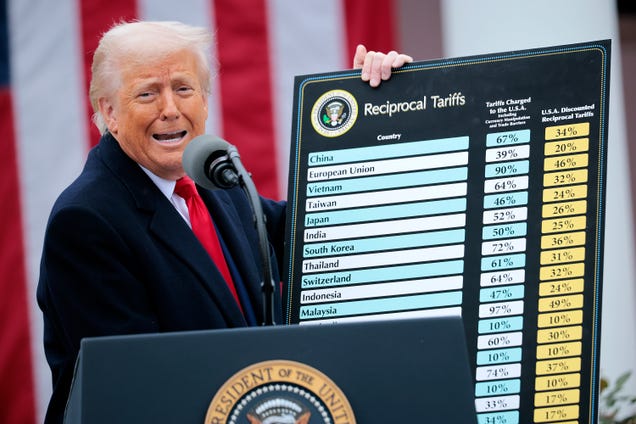Technology is the driving force behind most of the world's economies. It's the pulsing heart that keeps society innovating, expanding, and evolving. But what happens when this lifeline isn't equally distributed? What happens when continents like Africa are left to lag behind, grappling with the struggles of the digital divide?
Now, the tide is turning. With a little help from global tech giants, Africa is on the cusp of a tech revolution that could spur significant economic recovery.
Think of it like this. Imagine an Olympic relay race, but instead of passing a baton, nations are passing technology. This exchange, commonly known as technology transfer, is one of the most powerful catalysts for socio-economic transformation. It's about taking the best innovations, ideas, and expertise from technologically advanced nations and bringing them to developing regions, like Africa.
However, the challenge lies in more than just the act of giving and receiving. It's about adaptation, local relevance, and building an environment that can sustain this growth.
Africa, with its abundant resources and untapped potential, can leverage technology transfer to kickstart its journey towards economic recovery. How so?
First, we need to dispel the notion that Africa is just a passive recipient of technology. Africa has a vibrant tech ecosystem brimming with talent, energy, and ideas. And while these indigenous talents are scaling new heights, they can greatly benefit from collaborations with tech behemoths in China and India.
This collaboration can pave the way for local innovation. By integrating advanced technologies into Africa's burgeoning sectors like agriculture, health, and education, we can build a model for sustainable economic development.
Second, technology transfer can facilitate job creation and skills development. By attracting foreign tech companies to invest in African soil, we not only get financial input but also create a plethora of opportunities for the local workforce.
However, it's not just about bringing in foreign technology. Africa needs to invest in creating an enabling environment. This means improving digital infrastructure, fostering a culture of innovation, and creating favorable policies for technology adaptation and innovation.
There's no doubt that technology transfer can be a catalyst for Africa's economic recovery. Yet, it's not a silver bullet. It requires a collective commitment from African nations, foreign investors, and global tech players to ensure that the benefits of this tech influx are shared equitably.
When technology knows no boundaries, when the wealth of knowledge is shared freely, we create a world where progress isn't reserved for the few, but a right for all. This is the potential power of technology transfer, and with it, Africa's path to economic recovery isn't just plausible; it's inevitable.


